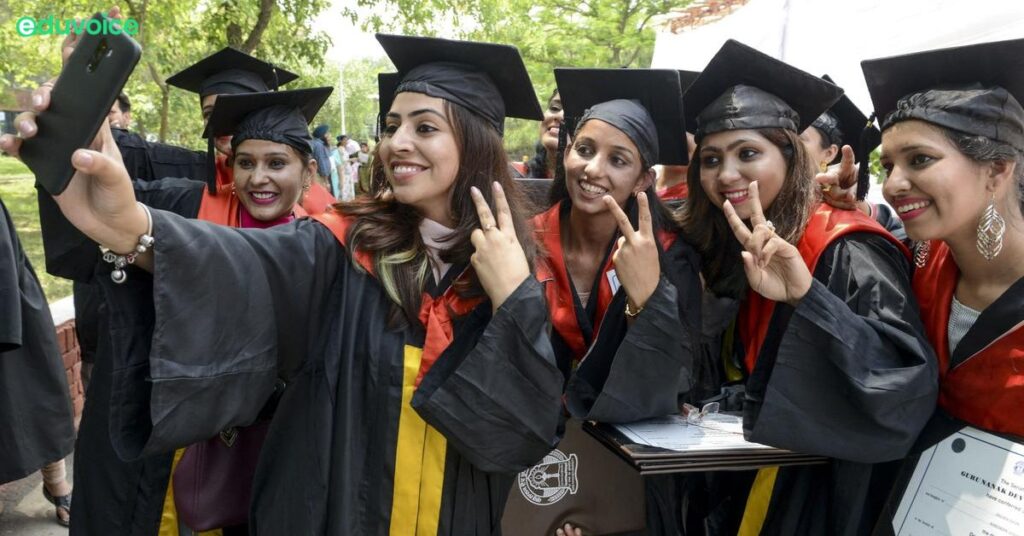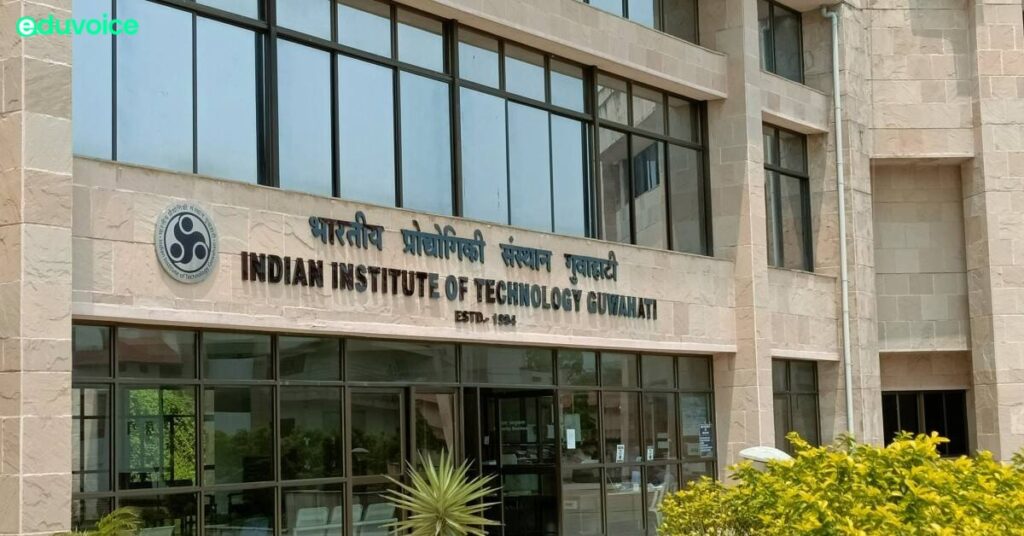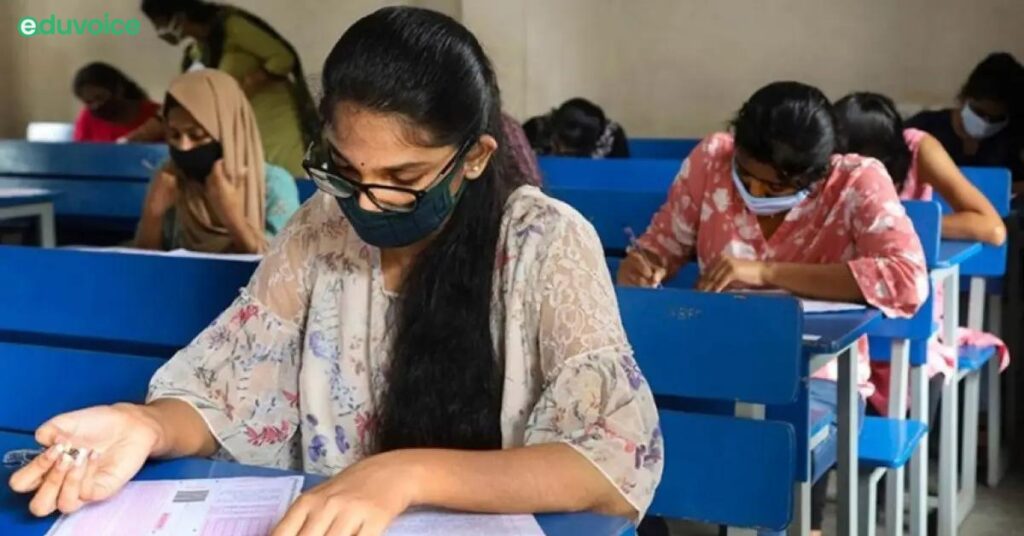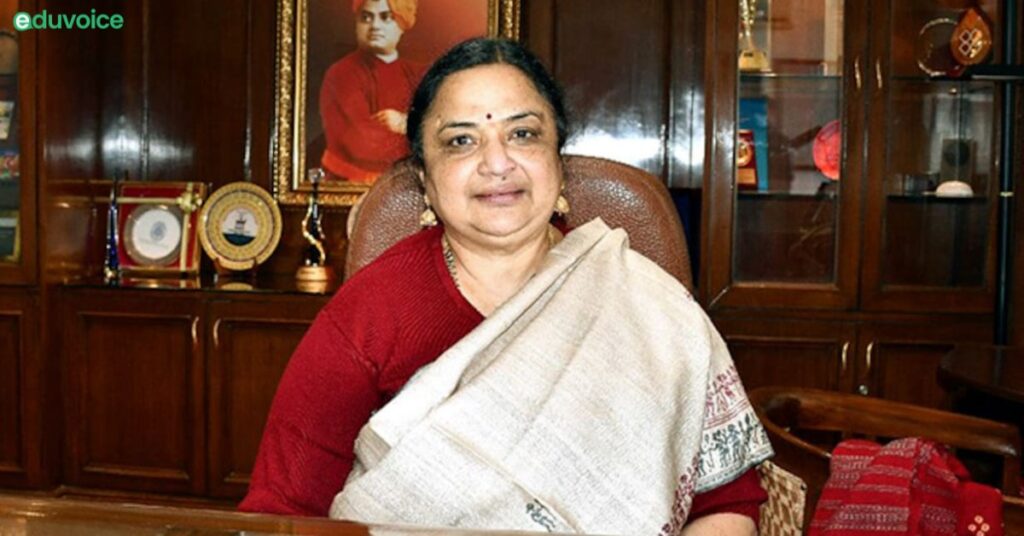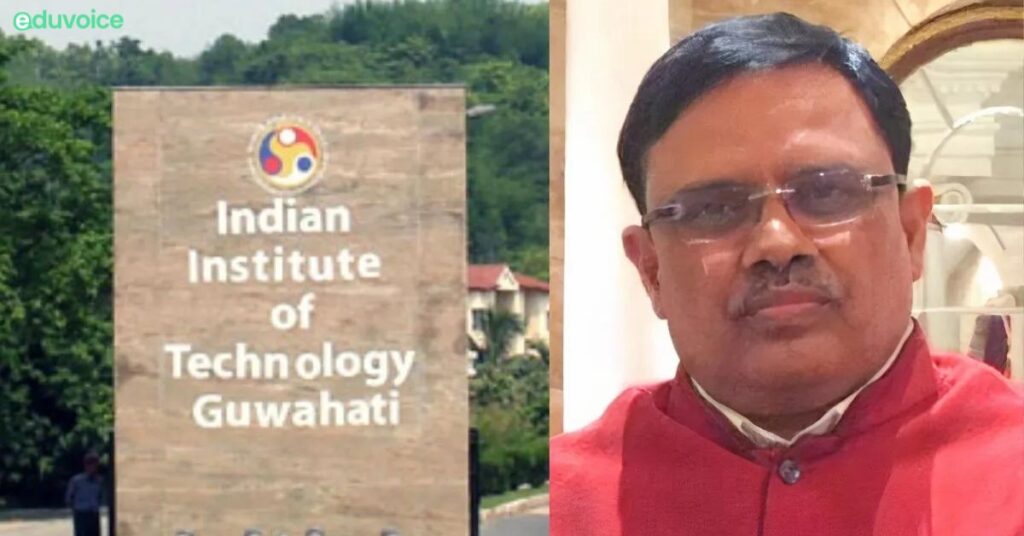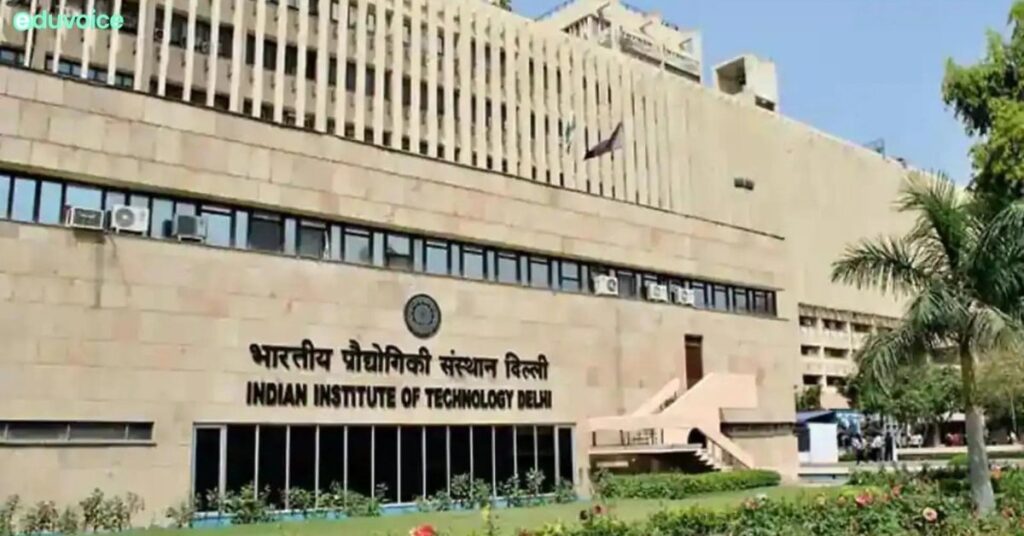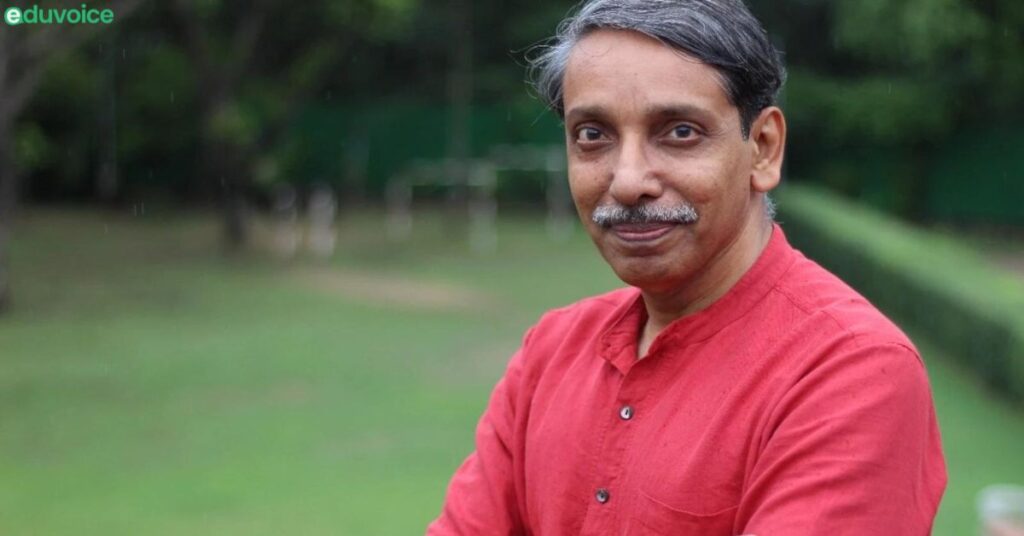The prime minister has been consistent in his contempt for Western academic learning while the UGC has completely undermined Indian universities. In 2017, Prime Minister Narendra had said at an election rally in Maharajganj in Uttar Pradesh, “The country has seen the thinking of the Harvard people and the thinking of the hard-working people.” This […]
Tag Archives: university
A month after TG Sitharam, director of IIT Guwahati, was named the new chairman of AICTE, the Education Ministry has set the ball rolling to appoint his successor. The government has released an advertisement inviting applications for the post of IIT-Guwahati’s director. The deadline for application ends on February 28. Sitharam was appointed AICTE on […]
The Ministry of Human Resource Development (HRD) has finally brought in regulations to internationalise and upgrade India’s educational system in accordance with New Education Policy (2020). HRD Minister, Mr. Ramesh Pokhriyal unveiled the New Education Policy (NEP), 2020, with the goal of raising educational standards in the country. To promote internationalisation of higher education and […]
The CPI has opposed the University Grants Commission’s (UGC) decision to allow foreign universities to open branches in India, claiming that it would “harm” the country’s higher education system. In a statement issued on Friday, the Communist Party of India (CPI) said the time allotted to put forward suggestions on the issue is grossly insufficient. “The policy […]
Jawaharlal Nehru University Vice Chancellor Santishree D Pandit on Thursday said that ‘Amrit Kal’ cannot come in the country without women empowerment even as she asked why there were so few women in top leadership. She also said the country should think of ways to bring young girls who are forced to leave studies back […]
IIT Guwahati Director T G Sitharam has been appointed chairman of the All India Council for Technical Education (AICTE). According to a government notification dated November 17, he will serve as the Council head for three years or before he turns 65 years old, whichever is earlier. The Indian Express has learned that AICTE vice […]
Chief Minister Manohar Lal Khattar has announced that an extension campus of the Indian Institute of Technology (IIT) Delhi will be set up on a 50-acre land in Badsa village of Haryana’s Jhajjar district. According to an official release, Khattar approved the proposal of setting up of the extension campus in a meeting with officials […]
Samir V Kamat, DRDO chairman, obtained his BTech (Hons) in 1985 from IIT Kharagpur and, in the next three years, completed his PhD from the Ohio State University in 1988. Amit Kumar at IIT Delhi did his BTech from IIT Kanpur in 1997 and obtained his PhD in 2002 from Cornell University. He is a […]
The University Grants Commission (UGC) through its recent directive has to smoothen the process for private universities to get the status of ‘deemed to be universities. As per the newly modified draft of ‘deemed to be universities, institutions with as many as five departments that have secured NAAC accreditation of 3.1 consecutively for three years […]
Celebrating the democratic traditions of India, the University Grants Commission (UGC) in collaboration with the Indian Council of Historical Research (ICHR) is planning to organize special lectures, starting from 15th November to 30th November 2022, in 45 central universities and 45 deemed to be universities across the country, UGC Chairman M Jagadesh Kumar said on […]

